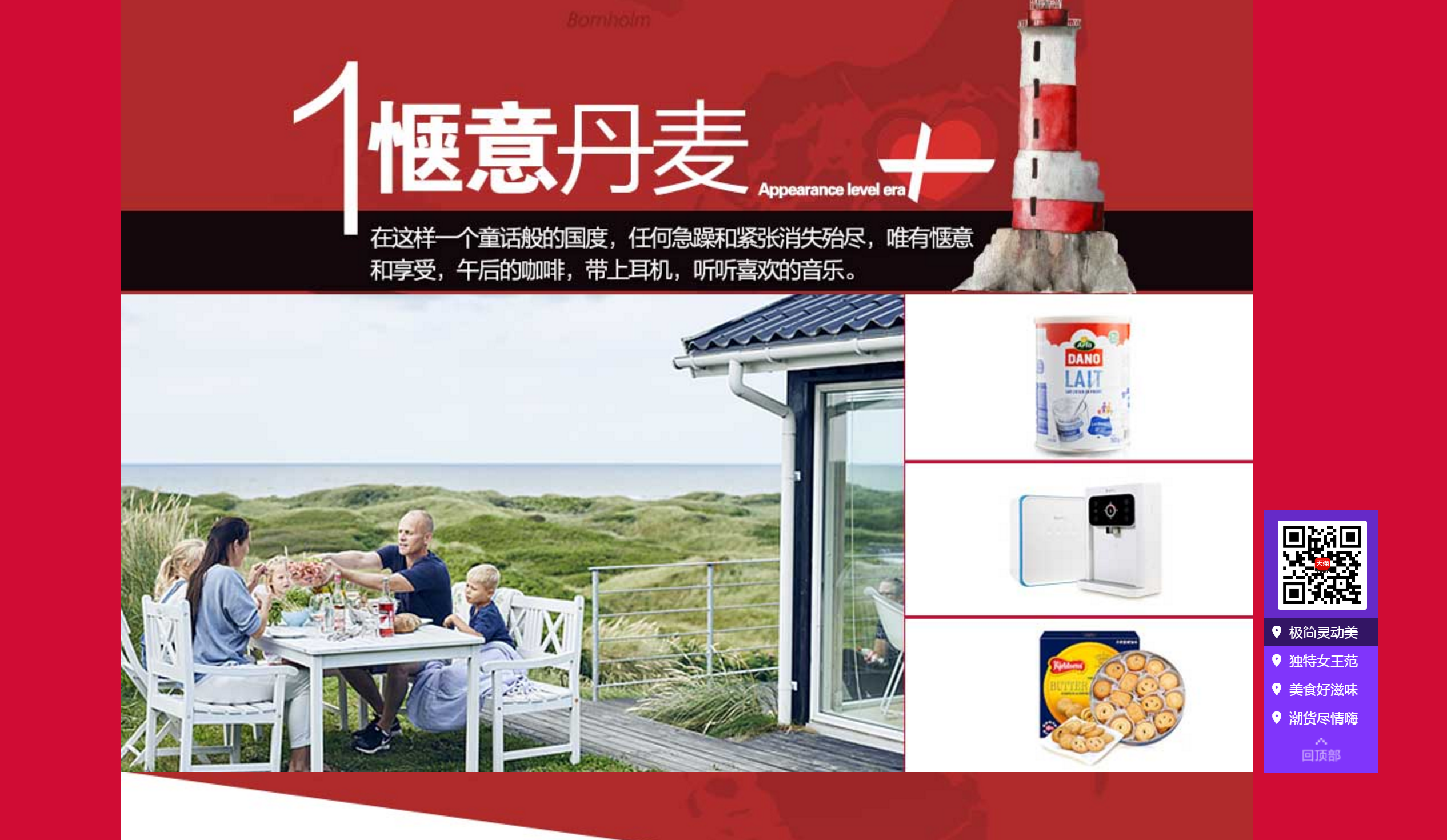Shortly after the official launch of the China-Denmark Tourism Year in February, Danish Minister of Foreign Affairs Anders Samuelsen visited Alibaba's headquarters on March 12 to “create a moment of happiness” for Chinese consumers. Two Danish “pavilions” were created on Alibaba’s new travel platform Fliggy and e-commerce marketplace Tmall. “With its unique design and lifestyle, Denmark has become the happiest country in the world,” Joseph C. Tsai, Executive Vice-Chairman of Alibaba Group said at the time of the launch. As part of this, philosophy, Tsai learned a new concept: "hygge.”
Illuminating Denmark through its long dark winter since the 18th century, hygge is an attitude, a feeling, and an atmosphere that, according to Visit Denmark's official website, is hard to define. “In essence, hygge means creating a warm atmosphere and enjoying the good things in life with good people,” according to Visit Denmark. Candles, homemade food, and gatherings of friends and family, as well as simplicity and slow living are all associated with hygge. In the turbulent year of 2016, marketers turned to hygge to capture hearts around the globe, and it became the word of the year.
As hygge has taken the world by storm with an explosion of Danish lifestyle guides, brands in China have started bringing hygge into their campaigns. In February, Asia’s luxury department store Lane Crawford encouraged customers to “Live Better with Hygge” (i.e. refresh and relax in a cosy home). Lane Crawford's curated selection of Scandinavian products range from home decor to beauty, promsing to evoke a warm, fuzzy feeling and treat the soul to an at-home spa. Last December, China World Mall in Beijing created a hyggelig Christmas for families and friends with a DIY gift workshop, a virtual snowball game, an ice musical event, and more. Even local Beijing café, Moka Bros, invited customers in Beijing's busy Sanlitun area to find a retreat in its intimate setting and embrace hygge with healthy, fresh food.
While hygge is still a foreign concept to many Chinese consumers, the Sichuanese may find it rather familiar. Unlike their busy counterparts in Beijing and Shanghai, Sichuanese always make time for 'the little pleasures in life.' Chengdu's sleepy streets are full of outdoor tea houses and hot pot restaurants, where people gather to relax. On a hot day, Sichuanese are often found playing “water mahjong,” where they set up tables and chairs in a wade pool so that participants can dip their feet during play. Even the pandas enjoying bamboo leisurely in the Sichuan reserve are natural masters of hygge.
Interestingly, a Tuniu report revealed that Denmark draws most of its Chinese tourists from Sichuan's capital, Chengdu, with its castles, family friendly Legoland, beautiful countryside, and, likely, its similarly hygge way of life.
The healing concept of hygge may well speak to Chinese consumers living in an age of dilemma, where on the one hand, they are excited to explore the infinite possibilities of an increasingly modern China, while on the other hand, they face rising competition and pressure in China's mega cities. Many Chinese have thus begun searching for ways to embrace wellness. Hygge offers a solution as anyone can practice the concept, by filling everyday life with little positive experiences.
As Denmark ambitiously rolls out a wide range of consumer brands as well as themed tours, ranging from “Fairytale Denmark” to “Design Denmark,” on Alibaba's platforms, Chinese consumers may see more of “hygge.” Both Chinese and Danish marketers are finding a connection with a market of consumers who desire a moment of comfort and peace in an increasingly fast-paced China.
